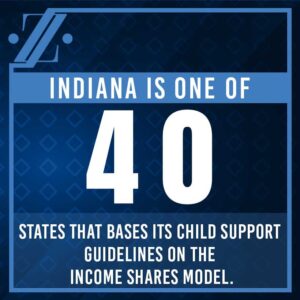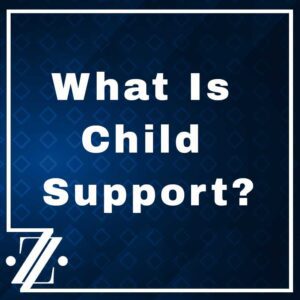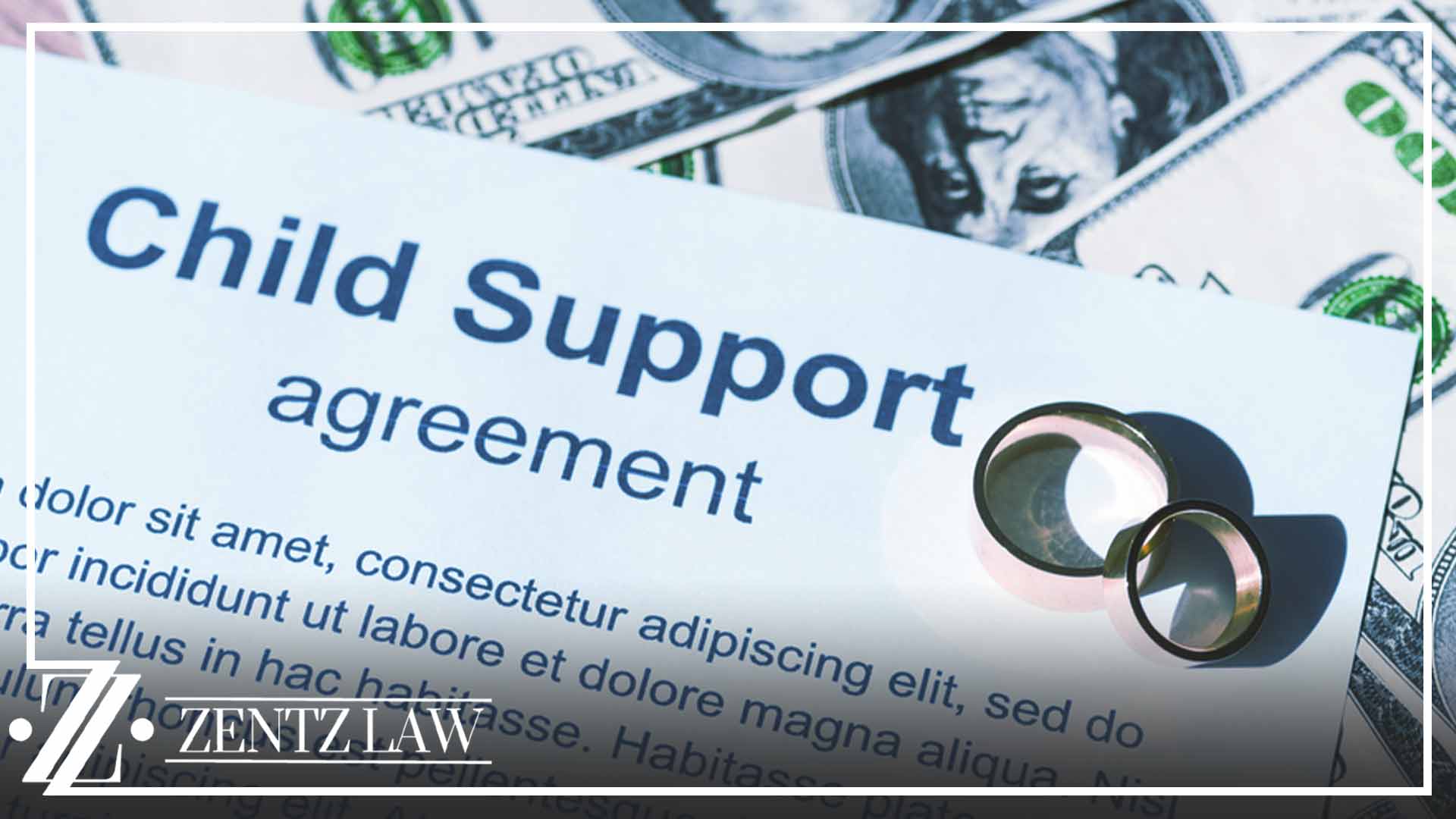 Child support obligation can be a point of contention between each parent. A judge is responsible for setting child support payments between the child’s guardian or custodial parent and the other parent involved in the parental rights case, whether that is the mother or father.
Child support obligation can be a point of contention between each parent. A judge is responsible for setting child support payments between the child’s guardian or custodial parent and the other parent involved in the parental rights case, whether that is the mother or father.
However, when those responsible for paying child support fall behind or stop certain obligations, it can lead to further custody and court issues, including questions about parental rights. A parent might wonder if parental rights are terminated if they avoid paying child support or owe child support.
Parent’s rights are determined in court, and to make sure that parent rights and child support issues are handled in the best interest of the child or children in question, it’s important to work with an attorney who understands these issues in detail.
In Indiana, a parent’s parental rights cannot be terminated for failure to pay child support. It can be a factor in an adoption for a parent’s consent to not be required, but punishment for non-payment of support does not include termination of parental rights.
Understanding Parental Rights
Parental rights encompass the legal rights and responsibilities a parent has regarding the upbringing of their child. These include the right to make decisions about the child’s education, medical care, and religious upbringing.
Parents’ rights are meant to see that the child has a strong relationship with both their mother and father, along with any other family that may be involved in their life. The court will determine how to manage a parent’s rights to promote the best interest of the child.
Importance of Parental Rights
Parental rights are crucial for maintaining a stable parent-child relationship. They see that the parent can contribute to the child’s well-being and development. Losing these rights can have significant emotional and psychological impacts on both the parent and the child.
Child Support Obligations


What Is Child Support?
Child support is a financial obligation that a non-custodial parent must pay to help cover the child’s living expenses. This includes costs related to food, clothing, education, and medical care. The amount of child support is typically determined by state guidelines and is intended to see that the child’s needs are met.
In cases where one parent has majority custody, the other parent is still in a financial and legal relationship with the child. The court or a judge determines how much the child support obligation is and all other terms of the child support order.
Consequences of Failing to Pay Child Support
Failing to pay child support can lead to various legal penalties, including wage garnishment, license suspension, and even jail time. The custodial parent may struggle to provide for the child, affecting the child’s stability. To stop child support entirely is a decision that can harm a child born in situations where they depend on that support to survive.
Termination of Parental Rights
Deciding to terminate parental rights is a major decision that courts take seriously.
What Does Termination of Parental Rights Mean?
Terminating parental rights means that a parent permanently loses all legal rights and responsibilities toward their child. This can be voluntary or involuntary and is a severe legal action that courts do not take lightly.
Legal Grounds for Termination of Parental Rights
Common reasons for termination include child abuse or neglect, abandonment, long-term mental illness, or the parent’s inability to provide proper care. Each state has specific laws detailing these grounds, and they vary significantly.
Another reason that a parent’s rights may be terminated comes when a child is part of an adoption process. In these cases, parent’s rights and child support may be terminated. However, the process of adoption also requires an attorney to guarantee all suspended rights are fully understood by all parties.
Can Failure to Pay Child Support Lead to Terminating Parental Rights?
Failure to pay child support alone does not typically result in the termination of parental rights. However, it can be a contributing factor if accompanied by other issues such as neglect, abandonment, or abuse. Courts focus on the best interests of the child when considering termination.
Legal Process for Termination of Parental Rights Due to Non-Payment
The court determines the final order on parental rights and child support termination.
Filing a Petition to Terminate Parental Rights
To terminate parental rights due to non-payment of child support, a petition must be filed with the appropriate court. This petition must include convincing evidence that the parent’s failure to pay child support has significantly impacted the child’s emotional and mental wellbeing.
Court Procedures and Hearings
The court will schedule hearings to review the evidence and hear from both parties. A judge will consider all factors and make a ruling based on the child’s best interests. This process can be lengthy and complex, requiring the assistance of a family law attorney.
Defending Against Terminating Parental Rights
Every person involved in the lives of their children can defend their rights.
Rights of the Non-Paying Parent


Reinstatement of Parental Rights
In some cases, parental rights can be reinstated if the parent demonstrates a significant change in circumstances and a commitment to fulfilling their parental duties. This process requires legal intervention and the approval of the court.
Alternatives to Terminating Parental Rights
Having parental rights and child visitation terminated should be a last resort, and courts take many steps before discussing when to terminate rights.
Enforcement of Child Support Orders
Before terminating parental rights, courts often use enforcement measures like wage garnishment, license suspension, or contempt of court. These measures aim to see that the parent fulfills their financial obligations.
Mediation and Negotiation
Mediation can be a valuable tool in resolving child support disputes. It allows parents to negotiate payment plans and address underlying issues with the help of a neutral mediator, avoiding the need for severe legal actions.
Impact on the Child


Emotional and Psychological Effects
The termination of parental rights can have profound emotional and psychological effects on a child. It can disrupt their sense of stability and security, leading to long-term developmental issues. This is why having rights terminated is a last resort.
Importance of Stability and Support
Continuous emotional and financial support is vital for a person to succeed and grow. This is especially true for children. Both parents must prioritize the child’s needs and work towards a solution that benefits the child’s development.
Contact Zentz Law
Understanding the relationship between child support obligations and parental rights is essential for parents navigating family law issues. While failure to pay child support alone does not result in termination of parental rights, it can be a contributing factor in more severe cases. Parents must fulfill their financial obligations to avoid severe legal consequences and protect their child’s wellbeing.
For those facing issues related to child support and parental rights, seeking legal assistance is crucial. Family law attorneys can provide guidance and representation to navigate the complex legal process and protect your rights.
Contact us today at 317-220-6056 to learn what your rights are and get a free consultation. We fight for your family’s future.


